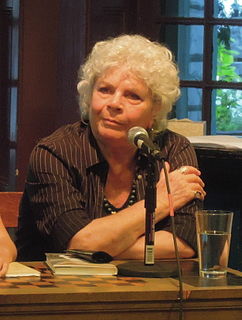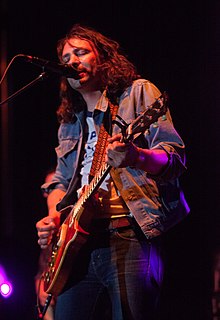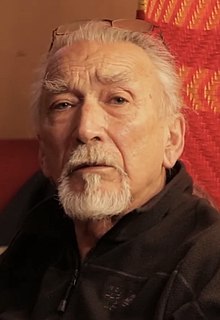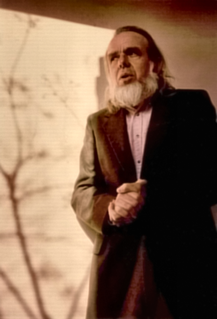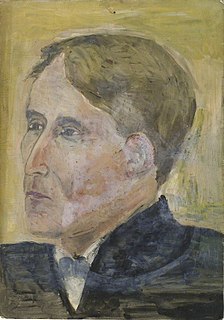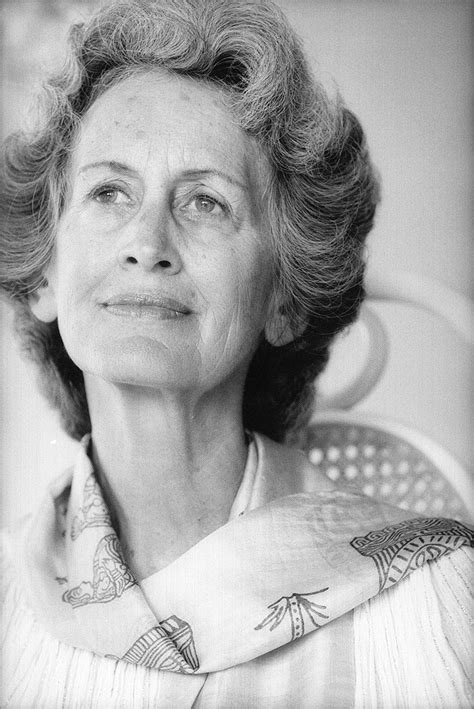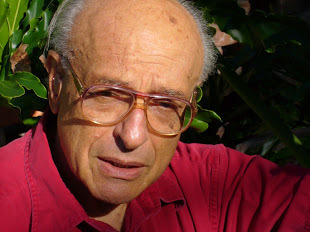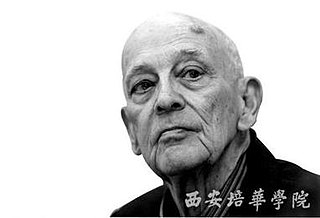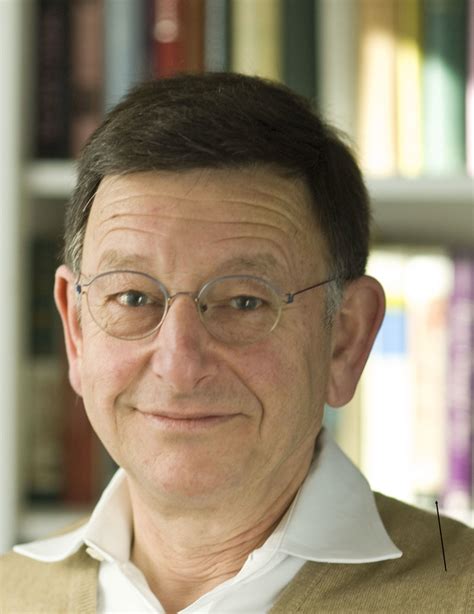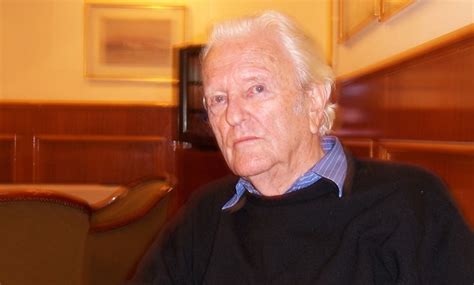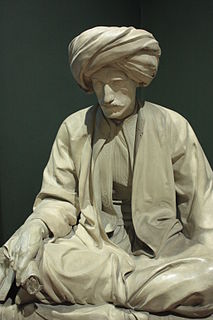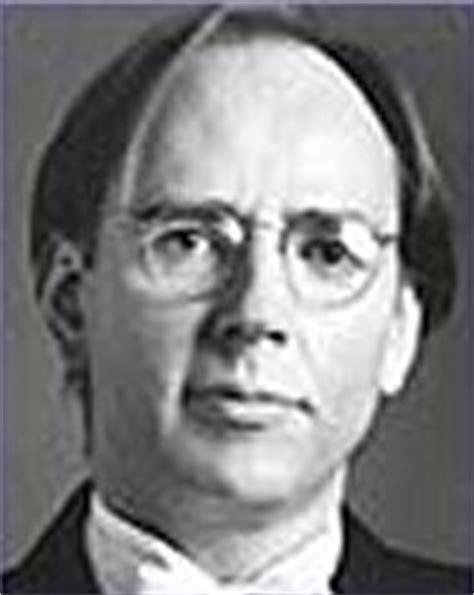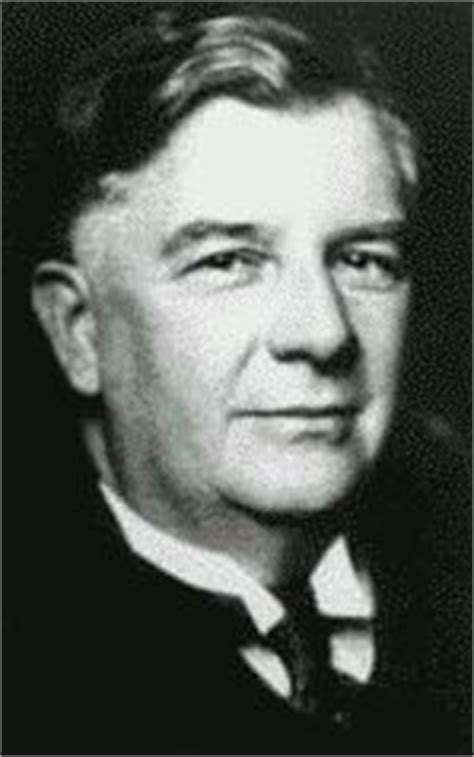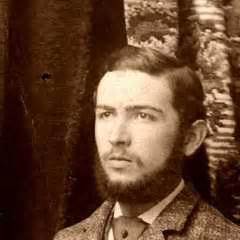A Quote by Edith Grossman
For those of us who take literature very seriously, picking up a work of fiction is the start of an adventure comparable in anticipatory excitement to what I imagine is felt by an athlete warming up for a competition, a mountain climber preparing for the ascent: it is the beginning of a process whose outcome is unknown, one that promises the thrill and elation of success but may as easily end in bitter disappointment. Committed readers realize at a certain point that literature is where we have learned a good part of the little we know about living.
Quote Topics
About
Adventure
Ascent
Athlete
Beginning
Bitter
Bitter Disappointment
Certain
Certain Point
Climber
Committed
Comparable
Competition
Disappointment
Easily
Elation
End
Excitement
Felt
Fiction
Good
Imagine
Know
Learned
Literature
Little
Living
May
Mountain
Outcome
Part
Picking
Point
Preparing
Process
Promises
Readers
Realize
Seriously
Start
Success
Take
Those
Thrill
Unknown
Up
Us
Very
Warming
Warming Up
Whose
Work
Related Quotes
Christ and the life of Christ is at this moment inspiring the literature of the world as never before, and raising it up a witness against waste and want and war. It may confess Him, as in Tolstoi's work it does, or it may deny Him, but it cannot exclude Him; and in the degree that it ignores His spirit, modern literature is artistically inferior. In other words, all good literature is now Christmas literature.
The main reason I decided to study Latin American literature was because I'd gotten somewhat bored by the American fiction I was reading. I am not drawn to a specific style or aesthetic. When I think about literature, I think about it in the three languages I read easily - English, Spanish, and Portuguese. The authors I prefer are all very different and are not limited to certain genres or even certain time periods. Reading across three languages is a way for me to diversify my intake as a reader, not to tunnel into certain categories or demographics.
I teach a 14-week semester, and one of the things I do when I have to teach literature is, for the first half hour of the class, I have the students write the beginning of a new story every week. At the end of the semester, even if they have learned nothing about literature, at least they'll have 14 beginnings that they can take with them.
What is literature, and why do I try to write about it? I don’t know. Likewise, I don’t know why I go on living, most of the time. But this not knowing is precisely what I want to preserve. As readers, the closest way we can engage with a literary work is to protect its indeterminacy; to return ourselves and it to a place that precludes complete recognition. Really, when I’m reading, all I want is to stand amazed in front of an unknown object at odds with the world.
Before I was a Discordian, I took life much too seriously. When you take life too seriously you start to wonder what the point of it all is. When you wonder what the point is in life, you fall into a trap of thinking there is one. When you think there is a point, you finally realize there is no point. And what point is there in living like that? Nowadays I skip the search for a point and find, instead, the punch lines.
Letting there be room for not knowing is the most important thing of all. When there's a big disappointment, we don't know if that's the end of the story. It may just be the beginning of a great adventure. Life is like that. We don't know anything. We call something bad; we call it good. But really we just don't know.
While my chosen form of story-writing is obviously a special and perhaps a narrow one, it is none the less a persistent and permanent type of expression, as old as literature itself. There will always be a certain small percentage of persons who feel a burning curiosity about unknown outer space, and a burning desire to escape from the prison-house of the known and the real into those enchanted lands of incredible adventure and infinite possibilities which dreams open up to us, and which things like deep woods, fantastic urban towers, and flaming sunsets momentarily suggest.
The way to rock oneself back into writing is this. First gentle exercise in the air. Second the reading of good literature. It is a mistake to think that literature can be produced from the raw. One must get out of life...one must become externalised; very, very concentrated, all at one point, not having to draw upon the scattered parts of one's character, living in the brain.
